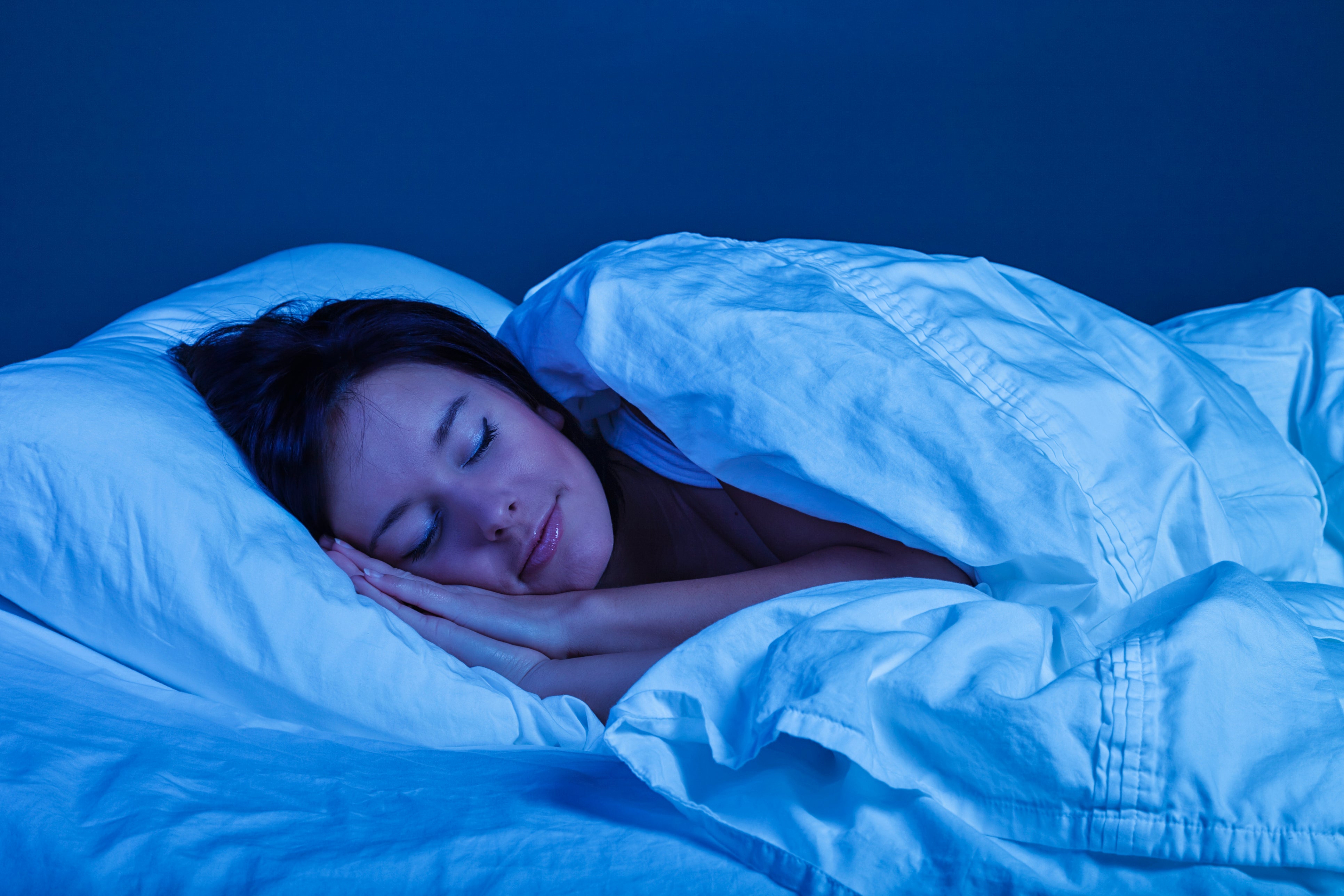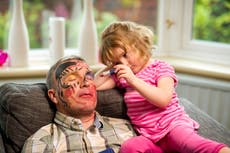This is what changing the clocks can do to your health
Studies have shown the change in time can affect both physical and mental health
At 2am on the last Sunday in October every year, the clocks go backwards in the UK, which signals the beginning of shorter days.
This year, the clocks will go backwards by one hour at 2am on Sunday 27 October, giving us an extra hour in bed as we prepare for the colder winter months.
While most of us welcome an extra hour’s sleep, the system of changing the clocks twice a year can be controversial due to health and behavioural concerns linked to shifting sleeping patterns and adapting to darker evenings. And, some studies have shown it disrupts the body’s natural sleep cycles, which can affect both physical and mental health.
So what is the impact of turning back the clocks on our health?
How does changing the clock impact physical health?
The human brain has a biological clock, also known as a circadian rhythm, that runs on a 24-hour cycle.
Whether it is gaining an extra hour or losing an hour of sleep, this disrupts the sleep cycle and can be difficult for some people to adjust back to a normal schedule. Disturbed sleep could also potentially lead to a higher risk of cardiovascular disease.
A 2019 study by researchers at Harvard Medical School and the Massachusetts General Hospital examined the impact of sleep deficiency on heart disease in mice. It found that, after 16 weeks, mice who had their sleep cycles disrupted developed larger arterial plaques compared to the mice with normal sleep patterns.
The sleep-deficient mice also had twice the level of certain white blood cells in their circulation, and lower amounts of hypocretin, a hormone that plays a key role in regulating sleep and wake states.
“This appears to be the most direct demonstration yet of the molecular connections linking blood and cardiovascular risk factors to sleep health,” said Dr Michael Twery, director of the National Heart, Lung and Blood Institute’s National Centre on Sleep Disorders Research in the US.
Losing an hour of sleep during the time change in the spring has been linked to a surge in heart attacks and strokes. In the US, hospitals report a 24 per cent spike in heart attack visits every year on the Monday after the clocks go forward.

Research has also shown an increase in car accidents when the clocks go back in the colder months as drivers adapt to the time change.
According to data by Zurich Insurance, drivers are more likely to have an accident between 4pm and 7pm in November, as the evenings get darker earlier. After the clocks change, the company noted a 10 to 15 per cent increase in accident volumes during that time compared to the rest of the day.
How does changing the clock impact mental health?
When the clocks go back in the autumn, we get an extra hour of daylight in the morning – however, this only lasts a couple of weeks before the days shorten and the sunrise gets later and later.
On the shortest day of the year, the 21 or 22 December, the UK enjoys less than eight hours of sunlight.
The increased hours of darkness can result in low mood and depression in some people, as well as fatigue, muscle pain and weakened bones due to a lack of vitamin D from exposure to sunlight.
Some people also experience seasonal affective disorder (SAD) as a result of the shorter days. According to the NHS, SAD symptoms include a persistent low mood, loss of interest in normal everyday activities, irritability, feelings of despair or guilt, and sleeping for longer than normal.
The health service says that the lack of sunlight may stop a part of the brain called the hypothalamus from working properly, which may affect the production of melatonin (a sleep hormone) and serotonin (a mood hormone), as well as the body’s circadian rhythm.
Join our commenting forum
Join thought-provoking conversations, follow other Independent readers and see their replies
Comments


Bookmark popover
Removed from bookmarks